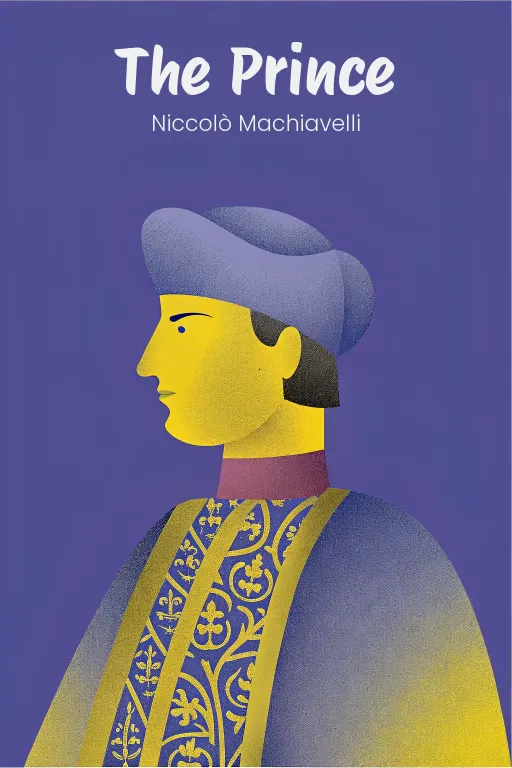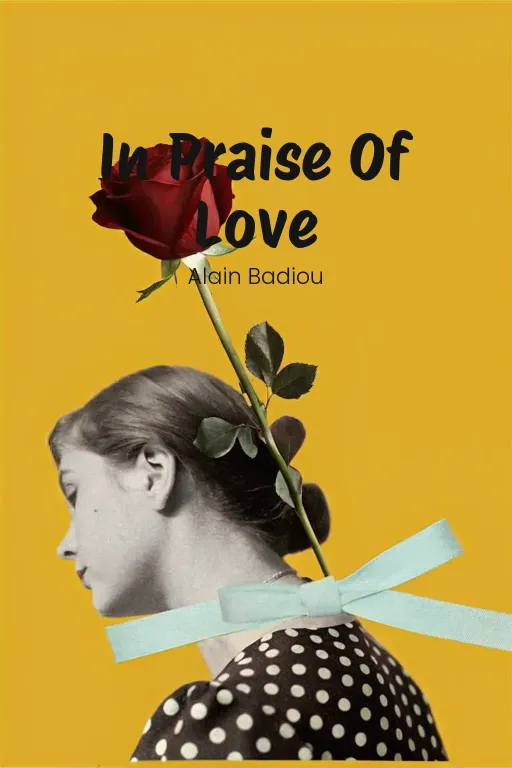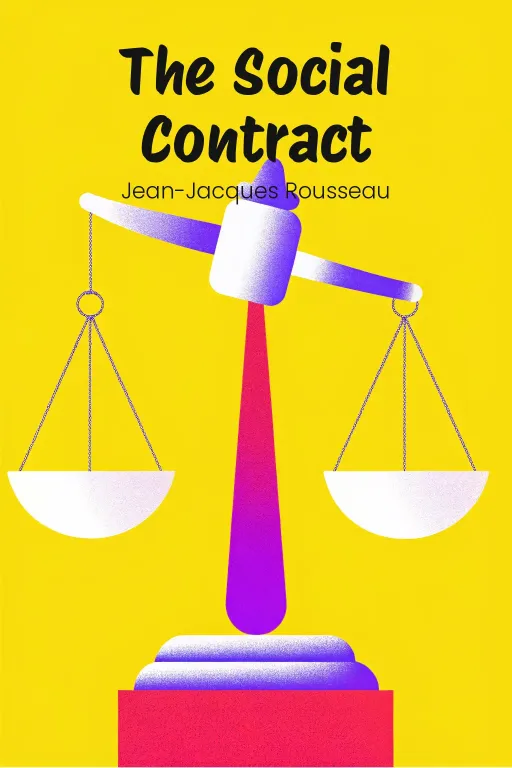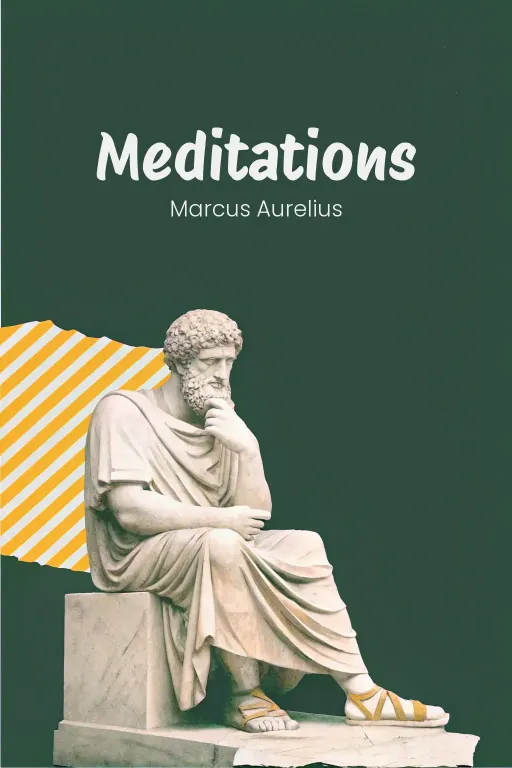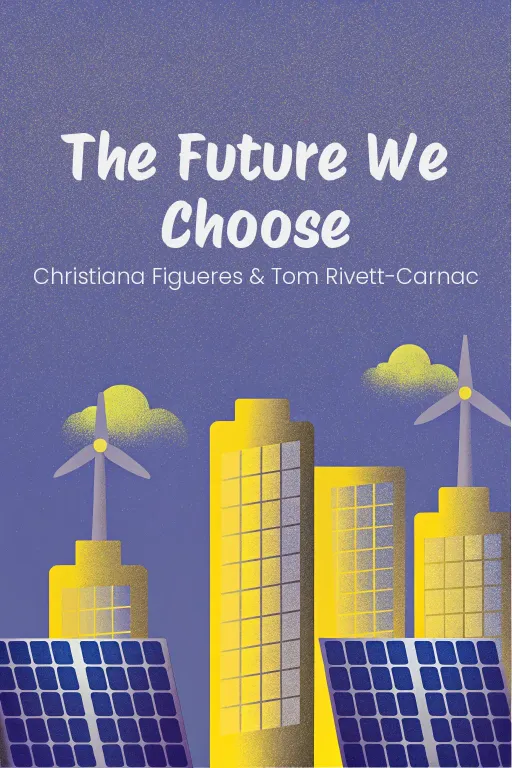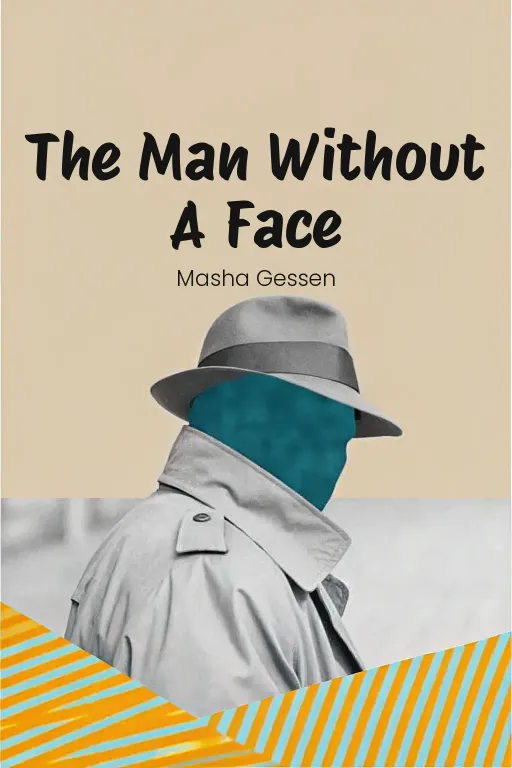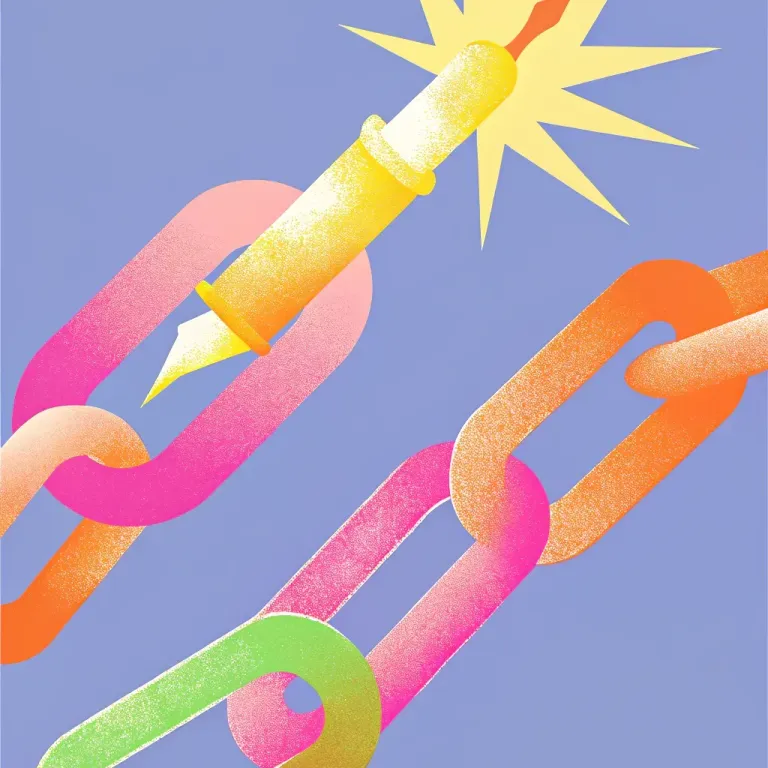
Chains by Choice: Freedom's Price?
Podcast by Timeless Pages with Shakespeare and Austen
A cornerstone in modern political and social thought
Chains by Choice: Freedom's Price?
Austen: "Man is born free, and everywhere he is in chains." So begins Jean-Jacques Rousseau's The Social Contract. Welcome, I am Jane Austen, and on Timeless Pages today, we explore this rather provocative work of political thought. Austen: In essence, Rousseau argues that legitimate government arises not from kings, but from a collective agreement – a social contract. Individuals willingly trade some natural freedom for civil liberty, uniting under what he calls the 'general will' – the common good. Writing during the Enlightenment, Rousseau imagined a society where sovereignty rests entirely with the people, shaping how we view democracy even today. It’s a radical idea about how society could be structured for freedom and order. Austen: The most persistent theme is that delicate balance between individual freedom and society's demands. Rousseau suggests we submit to the 'general will', the collective interest over personal desire. How contrary to human nature! Historically, this was revolutionary. In pre-revolution France, asserting that power flowed from the people, not the monarch, was incredibly subversive – no wonder the book was banned! His ideas directly challenged the divine right of kings. This tension remains central today. We constantly debate how much personal liberty to concede for public health, safety, or environmental protection, always asking: where does the common good truly lie? Austen: While Rousseau focused on states, my own novels explore similar dynamics in miniature. Think of Highbury or Meryton – unwritten social contracts abound! The rules of propriety, neighbourly expectations, the weight of collective judgment... these certainly shape behaviour, don't they? This 'general will' of local opinion can feel quite powerful, though my characters rarely staged revolutions. What makes Rousseau's work classic is this enduring relevance. Consider today: Is the curated 'agreement' within an online influencer's community, subtly guiding followers' choices and opinions, a modern, perhaps commercialized, echo of that collective will Rousseau envisioned? It certainly makes one ponder. Austen: Rousseau asks: what chains bind us, and which have we chosen together? Perhaps true freedom lies in thoughtfully forging our shared existence. Until next time on Timeless Pages.

